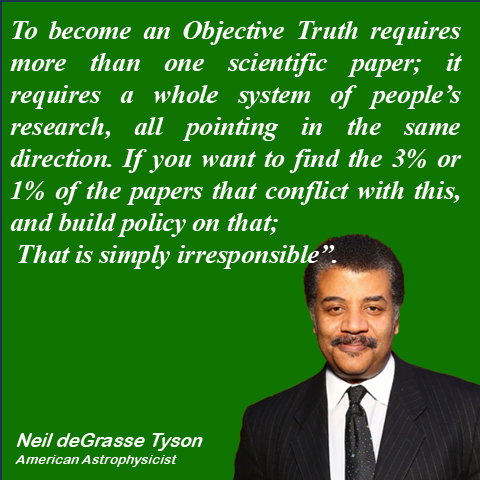The Crossroads of Truth:
Misinformation, Decision-Making, and the Future of Sustainability

The most critical step in solving any problem is admitting that the problem exists. Without acknowledging the reality of the situation, we cannot begin to address the challenges before us. This is especially true when it comes to the urgent and pressing issue of sustainability and climate change.
Effective decision-making—whether it involves public policy, organizational strategy, or personal choices—relies on accurate, comprehensive, and relevant information. Unfortunately, we live in an age where misinformation spreads faster than ever, shaping public opinion and political outcomes. Nowhere is this more dangerous than in the debate over climate change and sustainability.

On one side of the argument, we have the scientific consensus: decades of data, supported by thousands of scientists, demonstrate the reality of climate change and the urgent need for sustainable practices. Influential figures such as UN Secretary-General António Guterres have warned of a “period of global boiling,” and renowned naturalist Sir David Attenborough has asked, “Is this how our story is due to end?” These voices are clear and united in their message: humanity is facing an existential threat that requires immediate, decisive action.
On the other side, however, are those who dismiss these warnings as “hoaxes” or “scare tactics.” When the leader of a major global power openly denies the reality of climate change, it sends a conflicting message that sows confusion, delays action, and undermines efforts to build a sustainable future. Both sides cannot be right.
This is where humanity finds itself at a critical crossroads. No society, organization, or species can move in two directions at once. We must decide whether to head toward sustainability or destruction. But to make that decision, we must first determine the basis on which our choices will be made.
Will we commit to a thoughtful and unbiased assessment of all available facts? Or will we cherry-pick information to justify short-term personal gains? This moment demands that we confront some tough questions:
- Who has a motive to mislead the public on the issue of climate change?
- What is the responsibility of political leaders to tell the truth?
- How can voters exercise their democratic rights effectively if they are being misled by conflicting information?

These are not trivial concerns. The principle of honest and accurate information is the foundation of effective leadership, and nowhere is this more vital than in addressing global challenges like climate change. Divisive and misleading messages derail collaboration, sow distrust, and hinder progress on the shared goals of sustainability and environmental protection.
If climate change is real—and the overwhelming consensus says it is—then global cooperation is not optional; it is essential. Yet misinformation and denial threaten to fracture the very unity needed to combat this crisis.
As individuals, communities, and nations, we must embrace the truth, demand accountability from those who spread dangerous falsehoods, and make informed, conscientious decisions. The stakes are too high to allow misinformation to dictate our collective future. It is time for leadership rooted in integrity, guided by science, and committed to the well-being of future generations.
Tony Redman
“All content © 2024 Mark Anthony Redman / Advoc8 4 Change. Unauthorized reproduction prohibited.”
